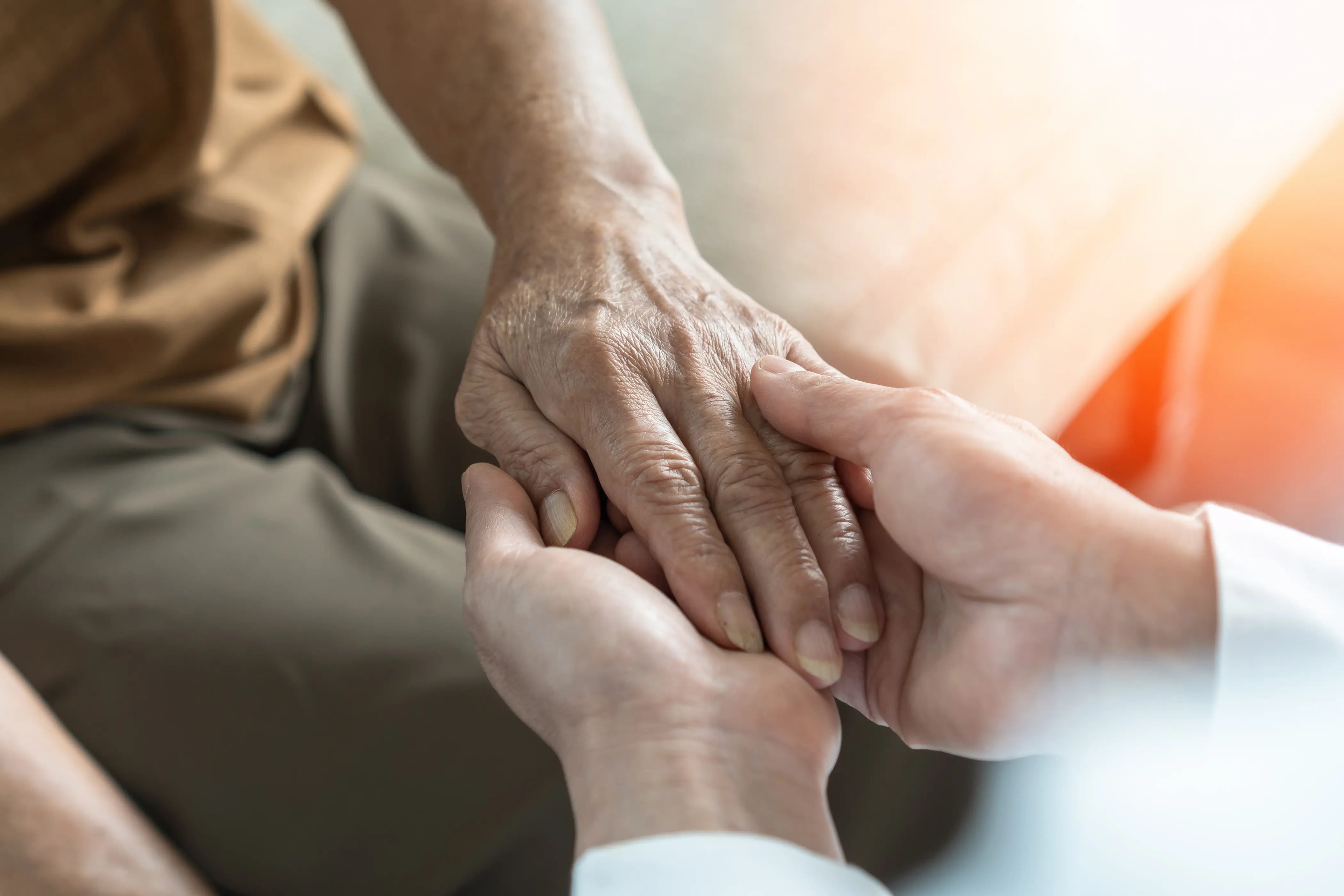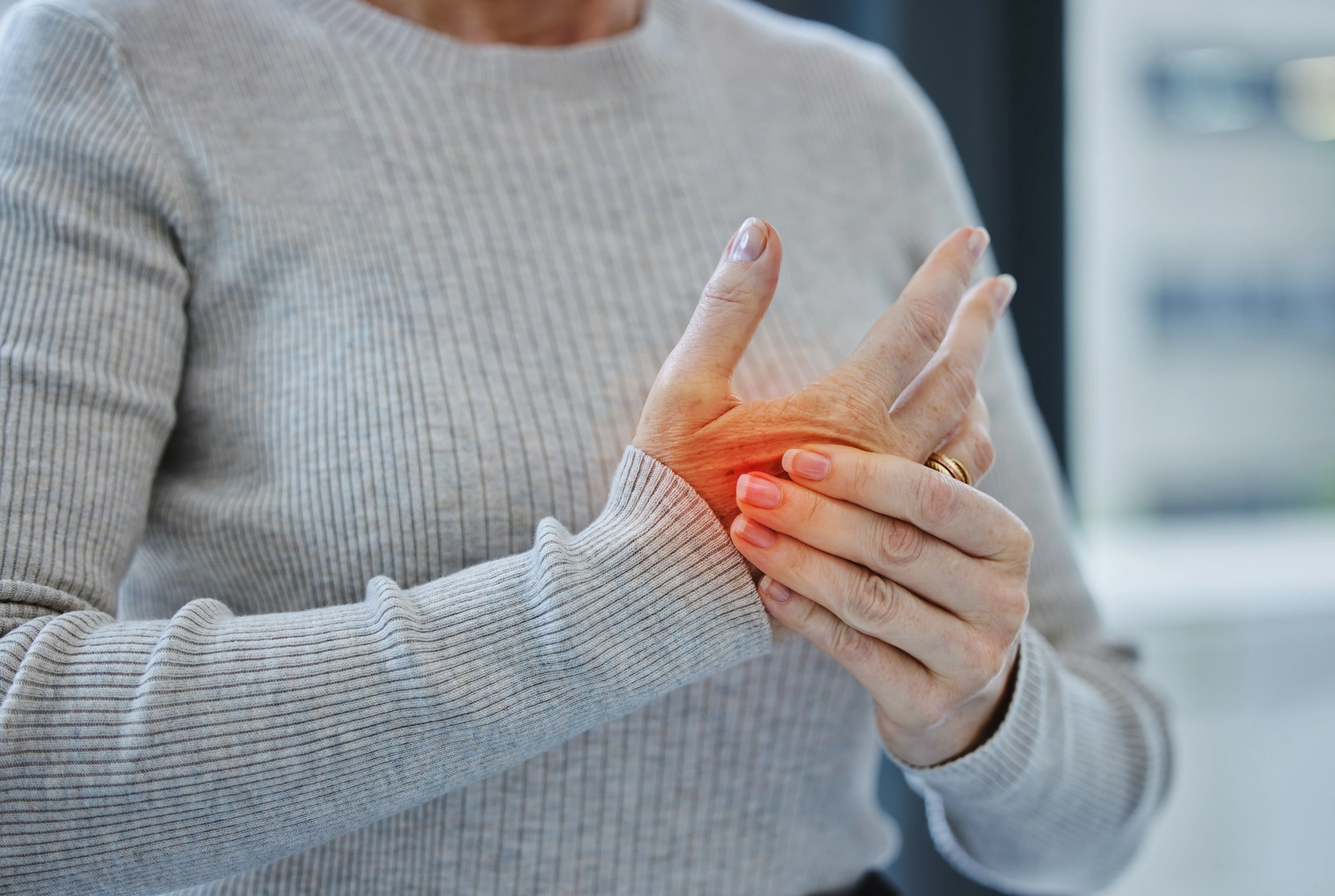
What is Parkinson’s Disease?
As you age, Parkinson's disease causes specific areas of your brain to deteriorate, resulting in a degenerative brain condition. The weakening, damage, or death of nerve cells in specific brain regions can lead to observable movement problems, tremors, limb or body stiffness, and impaired balance. Initially, a slight tremor may only be felt in one hand. While tremors are frequent, this disorder can also result in stiffness or decreased mobility. Ayurveda refers to Parkinson’s disease as KampaVata. Kampavata is one among the vata vitiated disorders, and the diagnosis is determined by the symptom of shivering of the affected part of the body.Tremors in the hands can be observed even when at rest due to an imbalance in vata.

Finding Relief from Parkinson’s through Ayurvedic Care
Ayurveda presents a comprehensive approach to addressing Parkinson's disease, emphasising the restoration of harmony in both the body and mind. Ayurvedic treatment for Parkinson’s in Kerala, which we provide at Ayur Bethaniya, is designed to relieve symptoms including stiffness, imbalance, and tremors. For those with Parkinson’s disease, herbal medicines, dietary changes, and lifestyle adjustments can improve motor function, enhance quality of life, and promote general well-being.
Ayurveda states that excessive vata imbalance can result in tremors, weak digestion, and toxin accumulation at the cellular level. Our philosophy at Ayur Bethaniya Hospital is to treat the underlying cause of any illness, which will stop it from coming back to affect the body.
To address the disease, our Ayurvedic treatment for Parkinson’s in Kerala incorporates a special blend of herbal formulas that work to eliminate toxins, rejuvenate the brain, and repair the digestive system. By stimulating the nervous system and aiding digestion, herbal decoction revitalises the body and promote better blood circulation.
Additionally, it balances and harmonises the fundamental elements of the body. To restore nervous system function, the doctor prescribes a proper diet and exercise routine in addition to the prescribed course of treatment. This involves replacing unhealthy and junk food with nutritious alternatives that promote brain health.
Ayurvedic treatments for Parkinson’s in Kerala can be safely used alongside allopathic medications if the patient is currently using them. We have found that our Ayurvedic treatment plan works well in limiting the adverse effects of allopathic drugs and even lowering their dosage.
At Ayur Bethaniya Ayurveda Hospital, we customise our treatment plans to suit every patient's specific health requirements. The programme includes nasya, basti, and Ayurvedic massages, which help minimise vata diseases and also aid in the internal cleansing of various bodily systems. Depending on the severity of the problem, the length of therapy can vary from five to twenty-one days to establish a healthy and balanced internal environment that promotes healing and recovery more quickly. The therapy approach eliminates toxins and blockages in the affected areas, which contribute to the symptoms of Parkinson's disease. To reduce vata diseases, maintain a healthy neural system, and speed up healing, we also recommended incorporating basic yoga into the treatment plan.
Our specialised ayurvedic treatment for Parkinson's disease in Kerala at Ayur Bethaniya Ayurveda Hospital is designed to cater to individual patient conditions, ensuring a safe and effective recovery from the disease. Through cleansing and rejuvenation, we can effectively manage the condition and promote better health for our body, mind, and soul.
Feel free to contact us for your queries regarding Ayurvedic treatment for Parkinson's disease in Kerala.
Need to know about the ayurvedic treatment for Migraine and Guillain Barre syndrome?


